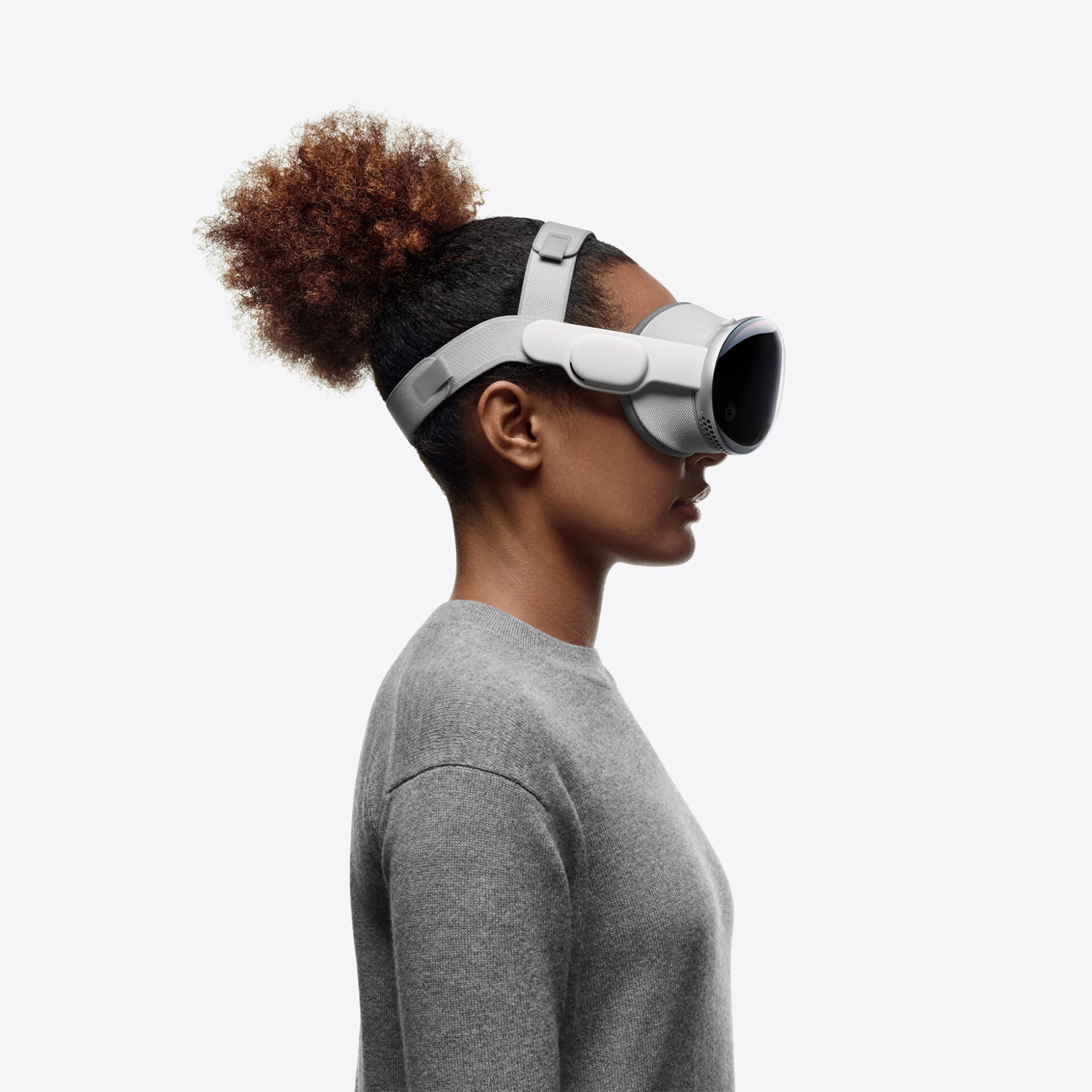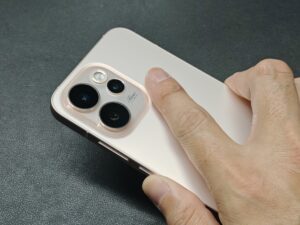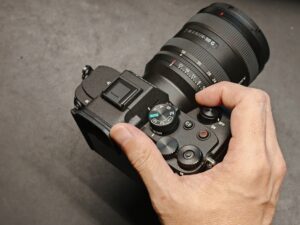
Sometimes, it feels like the future can take a long time to arrive. In the case of virtual reality (VR) headsets, this certainly seems to be the case, on recent evidence.
The Apple Vision Pro, coming from the company that made smartphones a must-have for everyone, is supposed to be the VR headset that gets people all excited about this new way of interacting with the digital world.
Since its launch, Apple has followed up the hardware with more than 600 apps. From games and movies offering a VR experience to work-based apps that make use of the virtual space in front of your eyes, it has put out some interesting use cases.
Yet, not enough people seem to be putting on these newfangled headsets and having the digital world wrapped all around their eyes to envelop their senses.
A report by well-known Apple analyst, Ming-Chi Kuo, yesterday claimed that Apple has cut its 2024 and 2025 shipment forecasts for its Vision Pro VR headsets, due to poor demand.
Through his sources, the analyst from from the China-based TF International Securities firm said Apple now expects to sell only around 400,000 to 450,000 units in 2024, down from an expected 700,000 to 800,000 earlier.
This may well vindicate earlier reports that Apple fans, the early adopters thought to be the best advocates for the new technology, were returning their Vision Pros.
Comfort, headache and eye strain were among the complaints they had, after initially being wowed by the US$3,500 headsets.
The lukewarm response, even from Apple’s most hardcore supporters, will come with a chilling effect. If the industry was hoping for Apple’s much-vaunted halo effect to lift up all VR headsets, it’s not giving much of a boost.
It’s easy to understand why much hope has been placed on Apple. The rest of the industry, despite having a head start over the iPhone maker, don’t seem to have gone much further ahead.
Meta head honcho Mark Zuckerberg famously turned Facebook into Meta to push this VR game, only to burn billions in a couple of years and scale things back. Its AI work today is gaining a lot more traction.
Similarly, TikTok owner ByteDance’s Pico unit, which has put out great looking and cheaper VR headsets than Meta, is also struggling.
Late last year, amid layoffs at Pico, there was talk that ByteDance would pull out of VR altogether. It’s since denied these rumours and there could another Pico headset in the works.
What’s alarming here is that the ingredients appear to be there for the technology to take off. Yet, it has fallen below expectations.
Meta, eager to be the first, had laid the groundwork in creating a virtual world. It already had a huge user data through Facebook to work with. It also put out both high-end and entry-level VR headsets to win over users.
People have balked at Meta’s costly headsets, but now prices start from as low as US$199.99 for a Meta Quest 2. That’s even lower than the Pico 4 headset’s initial price of US$428 back in 2022.
So, why aren’t users coming onboard? If price was the problem, clearly there are cheaper and more varied options now (the Meta Quest Pro costs US$999.99).
And if quality and interface were issues, then Apple’s Apple Vision Pro would have made it clear to people that things were going to improve.
Even if they could not afford the state-of-the-art now, perhaps they’d be excited about the future, when cheaper devices would come along. Just like smartphones, right?
Except there has been little excitement outside those who have not used the VR headsets, which offer such an immersive experience that those who have tried them on almost never fail to be impressed by them.
Yet, selling the idea of wearing a rather clunky VR headset for a few moments of fun before having to be tethered to a power source again is not as easy as selling a smartphone.
People were already familiar with a phone and the big issue that Apple solved with the iPhone was the clunky interface (try typing a Web address in a Nokia or Ericsson WAP phone in 2000).
Apple could also learn from the Japanese mobile ecosystem made by NTT Docomo back then. The idea of an app store was already common in Japan, which enabled users to keep increasing the uses of their mobile devices through new apps.
Could VR headset makers take a similar step that lifts the technology? Meta this week said it would open up its operating system to third-party device makers. The Horizon OS, which helps control its headsets, will now be available to other companies including rivals such as Microsoft.
Already, Asus and Lenovo, two PC makers, have signed on to make VR devices using the Meta Horizon OS, according to Meta.
Sounds like the Windows PC and Android phone way? Certainly, it’s a chance to finally grow the ecosystem and increase the chances of adoption by offering more options.
Notably, shipments of VR and augmented reality (AR) headsets were down 23.5 per cent in 2023, compared to the year before, reported research firm IDC earlier this month.
That said, IDC also signals that the market is recovering, with strong growth in the last quarter of 2023. By 2028, it predicts, 24.7 million VR/AR units will be shipped, growing at a rate of 29.2 per cent.
That prediction, of course, came before the news this week that Apple could be cutting back its shipment numbers. If that is coming true, then the industry needs a lot more to lift off, especially with the weight of all the hype holding it down.






